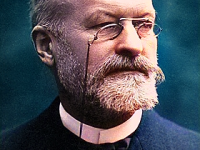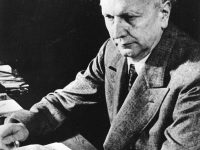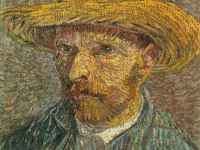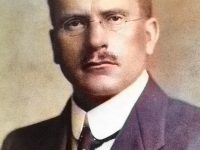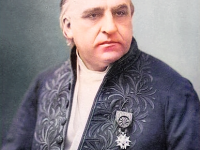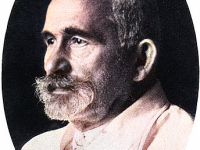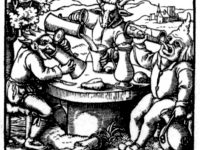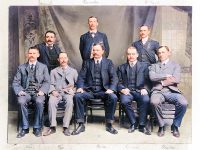Alphonse Laveran’s Discovery and the Fight against Malaria
On November 6, 1880, while working in the military hospital in Constantine, Algeria, French military surgeon Charles Louis Alphonse Laveran discovered that the cause of malaria is a parasite. For this work and later discoveries of protozoan diseases Laveran was awarded the 1907 Nobel Prize in Physiology or Medicine. Alphonse Laveran Laveran was born on 18 June 1845 as the son of the military doctor and professor at the École de Val-de-Grâce, Louis Théodore…
Read more

